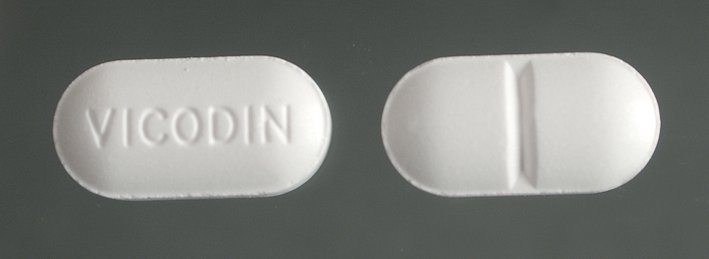Members of the Cleveland Clinic recently visited us to discuss the opiate epidemic in Ohio.
They suggested local resources, ways to safeguard your home, and signs and symptoms of medicine abuse.
We share them in hopes that you never need them, but have them if you do.
Resources
The Lake County ADAMHS Board plans, funds, monitors, and evaluates Lake County’s mental health and addiction recovery services. If you’re looking for help but don’t know where to start, you can call the ADAMHS Compass Line at (440) 918-2000 or (440) 350-2000.
For urgent mental health issues, you can call the ADAMHS Crisis Hotline at (440) 953-8255, dial 911, or visit the nearest hospital emergency department.
If you’re worried about your child, Crossroads in Lake County provides behavioral-health services to children, adolescents, young adults and families, including specialized treatment for chemically dependent adolescents. Its phone number is (440) 255-1700.
Meanwhile, the Emerald Jenny Foundation provides a searchable online database with more than 400 resources that includes rehabilitation and treatment facilities, healthcare providers, counselors and other organizations for people and families struggling with addiction.
For more information on addiction and resources to help, visit starttalking.ohio.gov.
Three Steps to Safeguard your Home
Two-thirds of teens who abuse pain relievers say they get them from family members and friends. Here are three steps, courtesy of Start Talking, that you can take to protect your own home.
- Monitor. Keep track of the amounts of your prescriptions, control your kids’ medicines and encourage your friends and relatives (especially grandparents) to monitor and secure their own.
- Secure Your Medicine. Keep prescription medicine secure, preferably locked, in a place that your kids and visitors will not easily find.
- Dispose properly of Your Unused Medicine. Crush and mix it with unpleasant garbage, or find a medicine take-back site near you. Never flush your medicine down the toilet.
Know the Signs and Symptoms of Medicine Abuse
Educate yourself. The best way to prevent prescription drug abuse is to learn about the issue. That way, you can effectively present the facts when talking to your teen.
Get Help. If you think your child has a problem with prescription drugs or over-the-counter cough medicine, please contact the resources listed above. If you don’t know where to start, you can call the ADAMHS Compass Line at (440) 918-2000 or (440) 350-2000.
Talk to your family, friends, and other parents. Children who learn about the risks of drugs from their parents are 50 percent less likely to use drugs than those who do not get that critical message at home.
Start talking. They’ll listen.
Thanks to the Cleveland Clinic, Start Talking, the Lake County ADAMHS Board, Lake County Opiate Task Force, Crossroads, Emerald Jenny Foundation and Partnership for Drug-Free Kid for the above information.

